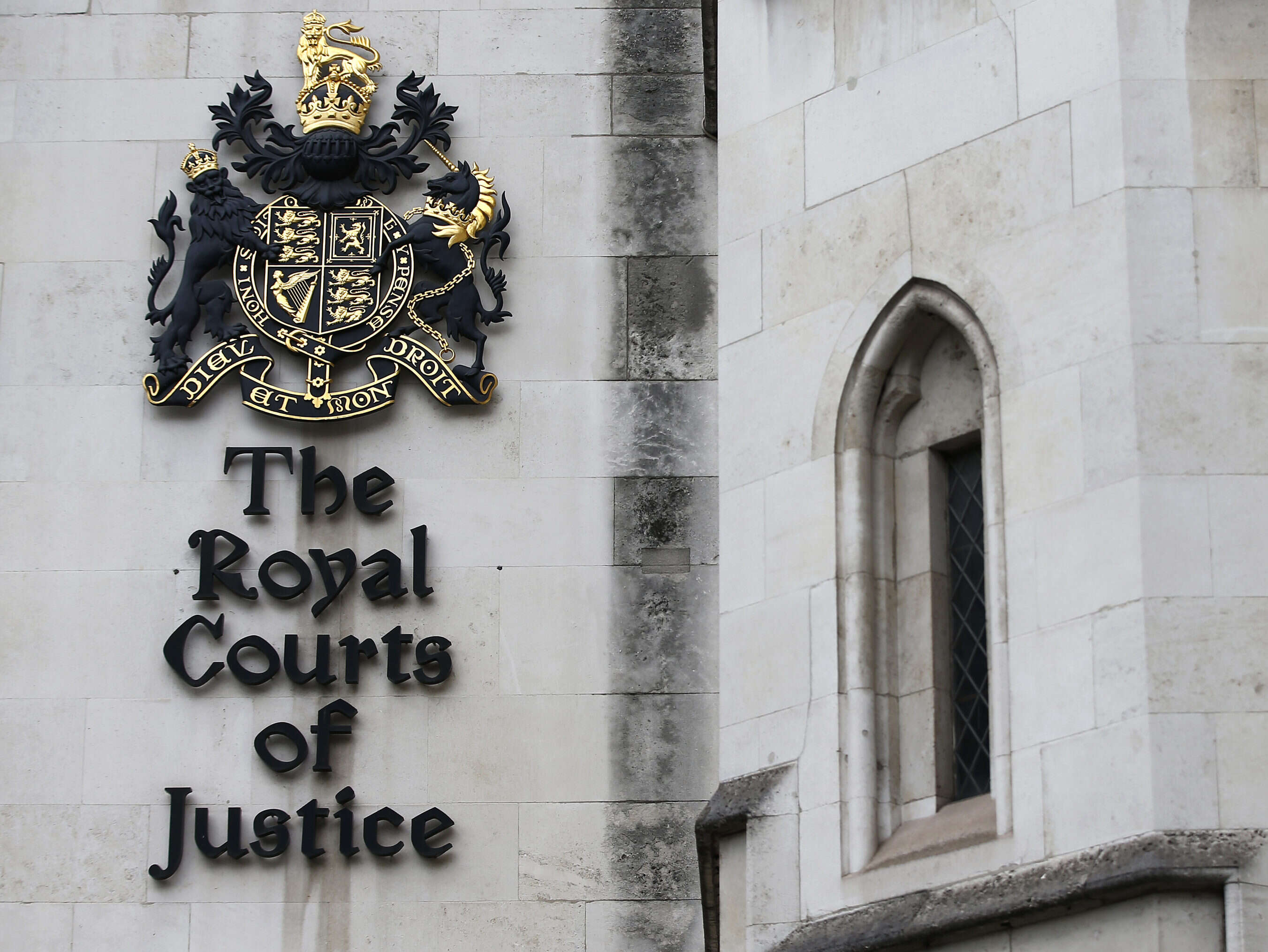
Human rights group Liberty has vowed to appeal against a High Court ruling dismissing its latest challenge against the Government’s mass surveillance powers.
Liberty claimed parts of the Investigatory Powers Act – dubbed the “Snoopers’ Charter” by critics – were unlawfully wide.
The group argued that the Government’s powers under IPA, which allow intelligence agencies to obtain and store communications data and take remote control of electronic devices through “bulk hacking”, breach citizens’ human rights to privacy and freedom of expression.
But, at the High Court in London today, Lord Justice Singh and Justice Holgate dismissed Liberty’s claim, ruling that “the totality of the suite of interlocking safeguards” meant the IPA did not breach human rights law.
In their ruling, the judges said: “We have reached the conclusion that the safeguards in (IPA) are sufficient to prevent the risk of abuse of discretionary power and the Act is therefore not incompatible with the (European Convention on Human Rights) on the ground that it does not comply with the concept of law.”
Liberty’s case was supported by the National Union of Journalists (NUJ), which argued that there are insufficient safeguards to protect confidential journalistic sources.
However, in its judgment, the High Court ruled that IPA did not breach journalists’ freedom of expression “in so far as it is suggested that there are inadequate protections for journalistic material”.
NUJ General Secretary Michelle Stanistreet said: “The legal judgment is a blow to journalists and press freedom. The union has consistently challenged the UK’s investigatory powers and the authorities continue to use extensive secret surveillance techniques.
“The NUJ is concerned that the ability to access journalistic communications, in particular bulk interceptions and interference, without prior independent authority, places whistleblowers and sources at risk, and makes it more difficult to hold those in power to account.”
She added that the ruling risked “jeopardising the role of the media as the public’s watchdog” and that the NUJ had “a view to appealing” the decision.
In a statement after the ruling, Megan Goulding, a lawyer with Liberty, said: “This disappointing judgment allows the Government to continue to spy on every one of us, violating our rights to privacy and free expression.
“We will challenge this judgment in the courts, and keep fighting for a targeted surveillance regime that respects our rights.
“These bulk surveillance powers allow the state to hoover up the messages, calls and web history of hordes of ordinary people who are not suspected of any wrongdoing.”
At a hearing in June, Liberty’s barrister, Martin Chamberlain QC, told the court that IPA “provides for a wide expansion of ‘bulk’ secret surveillance powers”.
He added: “These powers permit the interception or obtaining, processing, retention and examination of the private information of very large numbers of people – in some cases, the whole population.
“They also permit serious invasions of journalistic and watchdog organisations’ materials and lawyer-client communication.”
Sir James Eadie QC, representing Home Secretary Sajid Javid and Foreign Secretary Jeremy Hunt, submitted that the powers provided by IPA “strike an appropriate balance between security and individual privacy”, and were of “critical importance to, and are effective in securing, the protection of the public”.
At an earlier preliminary hearing, Liberty said documents disclosed to it by the Government revealed that MI5 has engaged in “extraordinary and persistent illegality” in the way it retains personal data obtained under IPA.
Lord Justice Singh and Justice Holgate stated: “We should stress that we do not under-estimate the seriousness of the matters which have been raised on behalf of the claimant as a result of the recent disclosure of documents.”
But they added: “We are not persuaded that the evidence which has now been made available to the court in fact proves that the safeguards created by (IPA) are insufficient to prevent abuse of the powers under challenge.
“If anything, as Sir James Eadie submitted to this court, the fact that this has emerged… indicate that the system is in truth capable of preventing abuse.”
Liberty’s latest case follows a High Court ruling in April 2018 on the group’s challenge to bulk retention powers under IPA, by which the Government can order telecommunications companies to store people’s data.
In that ruling, Lord Justice Singh and Justice Holgate found certain parts of IPA were “incompatible with fundamental rights in EU law” and ordered the Government to rewrite them within six months.
Picture: Reuters/Peter Nicholls
Email pged@pressgazette.co.uk to point out mistakes, provide story tips or send in a letter for publication on our "Letters Page" blog
